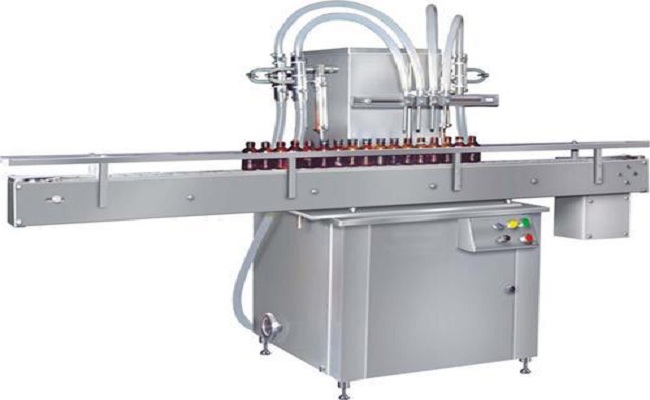Businesses across a wide range of sectors are continuously looking for up-to-date methods to improve their production processes in today's fast-paced and competitive manufacturing scene. Customization is one of the major elements that have come to be seen as essential for success. In order to satisfy specific production requirements, this article will examine the relevance of customization in bottle-filling machines. Manufacturers may open up new doors for increased productivity, flexibility, and efficiency by comprehending the function of customization.
What you need to Know about Customization
When discussing a liquid-filling machine, the term "customization" refers to the act of modifying the machine or a component of it to meet the unique needs of a customer. This could entail making a variety of adjustments, like modifying the machine's capacity, adding specific software, or even rebuilding some parts of the machine to meet particular production goals. Manufacturers may improve the effectiveness, precision, and all-around performance of their filling machines by embracing customization. For example, a customized piston filler machine will outperform any basic one.
Efficiency Increased by Customization
Improved efficiency is one of the main advantages of customizing bottle-filling machines. The whole manufacturing workflow is streamlined when filling machines are specially designed to fit the demands of a particular production process. Manufacturers may cut down on stages that are not essential, minimize downtime, and increase overall throughput by improving the machine's design and functioning. This leads to less waste, which boosts profitability while also increasing manufacturing productivity.
The Capacity to Adapt to Shifting Production Demands
Businesses must constantly adapt to the shifting needs of production in the dynamic industrial environment of today. Customization is crucial in giving the flexibility required to meet these difficulties successfully. Manufacturers who use customized filling machines have the flexibility to change or reconfigure machine parts, add new features and capabilities, or even incorporate cutting-edge technology when production requirements change. In order to maintain their manufacturing processes' effectiveness and efficiency in the face of changing market demands, producers must be able to adapt.
Saving Money with Customization
Although some people would view personalization as an extra cost, it really results in long-term cost benefits. The possibility of inefficiencies or mistakes that might happen when using generic machines is eliminated when filling machines are specially developed to meet particular production needs. Manufacturers who engage in customization might minimize their total return on investment and steer clear of expensive errors. Customized filling equipment is made to maximize the use of available resources, use less energy, and minimize production downtime, all of which contribute to long-term cost savings.
Improving Product Quality and Accuracy
In the production process, precision is essential, and bottle-filling machine customization may greatly increase accuracy. Precision is a key consideration in the design of customized machines, guaranteeing accurate liquid dispensing, accurate fill level measurement, and little product waste. Manufacturers may produce final goods of greater quality that adhere to rigorous quality requirements by removing irregularities or mistakes in the filling process. In addition to improving consumer happiness, this also helps manufacturers' brands and market positions.
Customization's Impact on Supplier Selection
It is crucial to thoroughly assess possible providers and their customization options when thinking about buying bottle-filling machines. To successfully satisfy special manufacturing demands, selecting a supplier who offers extensive customization options is crucial. Here are some important factors to think about:
Customized Design and Engineering Services: To comprehend and meet the unique needs of manufacturers, a reliable supplier should provide design and engineering services. They can develop specialized filling machines that increase production efficiency and handle certain difficulties by working with clients.
Flexible Component Customization: Manufacturers have to let customers alter machine parts in accordance with particular manufacturing requirements. This can involve changing the fill nozzles, adding specialized sensors, or adding more safety measures, among other things.
Software Integration: In the age of automation and smarter production, software integration is crucial to maximizing the efficiency of machinery. The ability to integrate specific software solutions that improve the control, monitoring, and data analysis capabilities of filling machines should be a capability of suppliers who provide customization.
Support and Training: Customization extends past alterations to machine design and component placement. In order to ensure the flawless integration and operation of the customized machinery within the manufacturing process, suppliers should also offer thorough training and continuing support. By doing this, manufacturers may make the most of the advantages of customization and increase their operational effectiveness.
Conclusion
All in all, the world of bottle-filling machines has been transformed by personalization. Manufacturers may unlock new levels of productivity by customizing machines and the parts that make them up to match specific production demands. Numerous advantages come with customized filling equipment, such as increased productivity, adaptability to shifting production demands, cost savings, increased accuracy, and better product quality.
